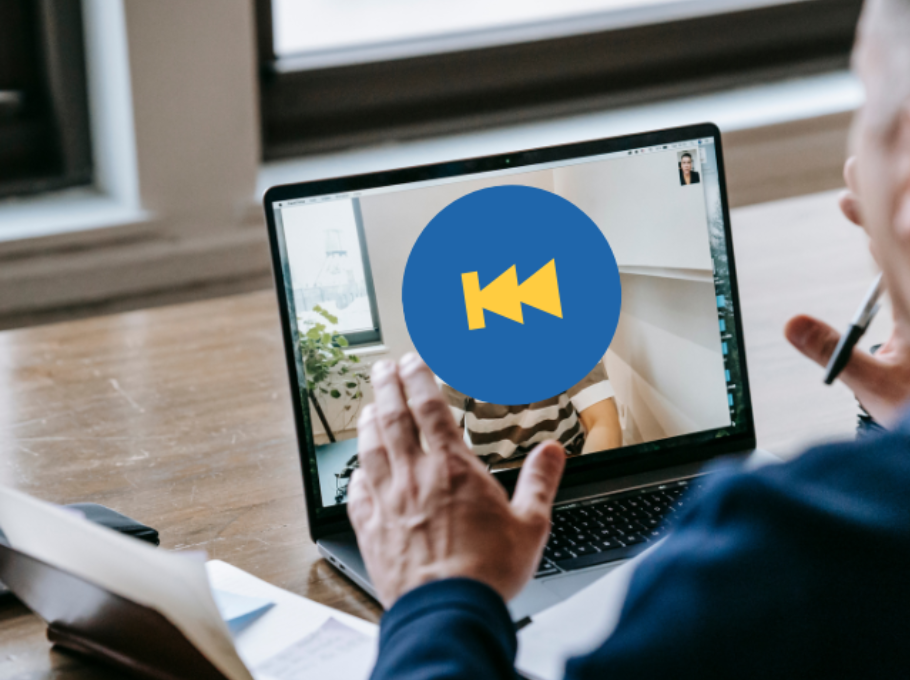Younger professionals are often assigned a mentor to guide them throughout their careers and support them in decision-making processes critical to their success. The reverse is not prevalent. Yet, there are proven benefits for younger professionals to share their digital expertise, know-how and market insights with more senior professionals. Here is why…
Introducing reverse mentoring
Younger generations, categorized as Gen Z, are closer to the market. They are up to date with the latest trends and consumer insights. They spend hours scrolling on social media platforms, and on third-party sites. They consume unquantifiable amounts of data per day (sometimes without even knowing it). This data, along with innovative ideas that are sparked daily, could be of great value to more senior professionals and the organization as a whole. However, barriers still exist within larger corporations and Gen Z team members rarely get the opportunity to share what they know best.
Accordingly, a slow yet steady rise in reverse mentoring is being recorded. This is where younger professionals are given the opportunity to mentor anyone more senior than they are – their managers, bosses or members of the leadership team. Sharing insights on how to optimize corporate cultures, increase engagement amongst team members, digital or tech trends or where the industry is heading, can actually have many positive effects. From bridging the divide between workplace generations, to increased motivation amongst younger team members, as well as knowledge sharing, all of which can impact the bottom line.
Why is reverse mentoring integral in today’s digital world?
Knowledge sharing is crucial for organization’s to understand, connect and engage with their customers. Senior leaders bring to the table strategic, higher-level insights. Yet, younger professionals can share what the market trends actually are. When matching the two, a strategic direction more aligned with the present day, becomes feasible.
In addition, digital transformations have impacted every segment of society. Younger professionals are typically more digitally-savvy, and enroll in many courses and certifications, with valuable content that can be shared with others.
Interested to start reverse mentoring programs?
The success of reverse mentoring programs can draw from traditional mentoring systems. There are a few items to keep in mind, before embarking on this journey:
– Firstly, ask yourself if you organization can benefit from a reverse mentoring program? And if so, what are the goals?
– Secondly, identify senior professionals that would like to take part. Ask them what areas or skillsets they would like to learn about or grow in.
– Then, select younger professionals based on their skillsets and areas of knowledge.
– Match the two, based on pre-defined expectations. How often should the two professionals meet? How would mentoring sessions be structured? What areas will be tackled? How would the success of the reverse mentoring program be assessed?
A key way to foster stronger corporate cultures and increase consumer engagement levels, is through knowledge sharing. Every team member should be given the chance to share their passions, learnings and insights with others. When this process is structured, the results can be exponential.




